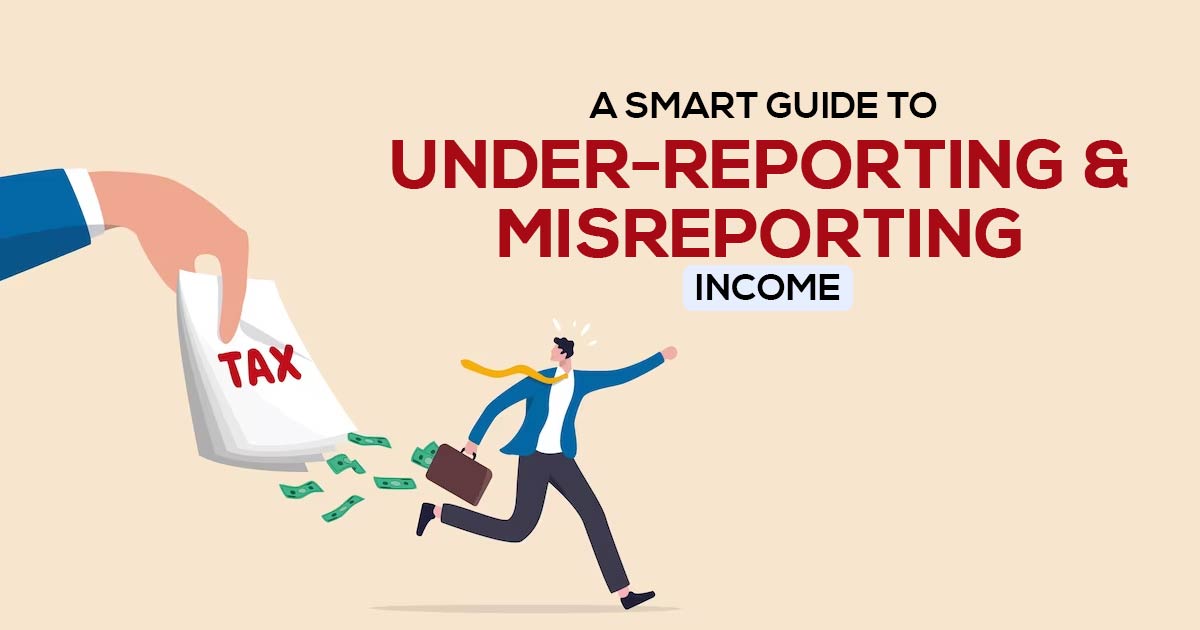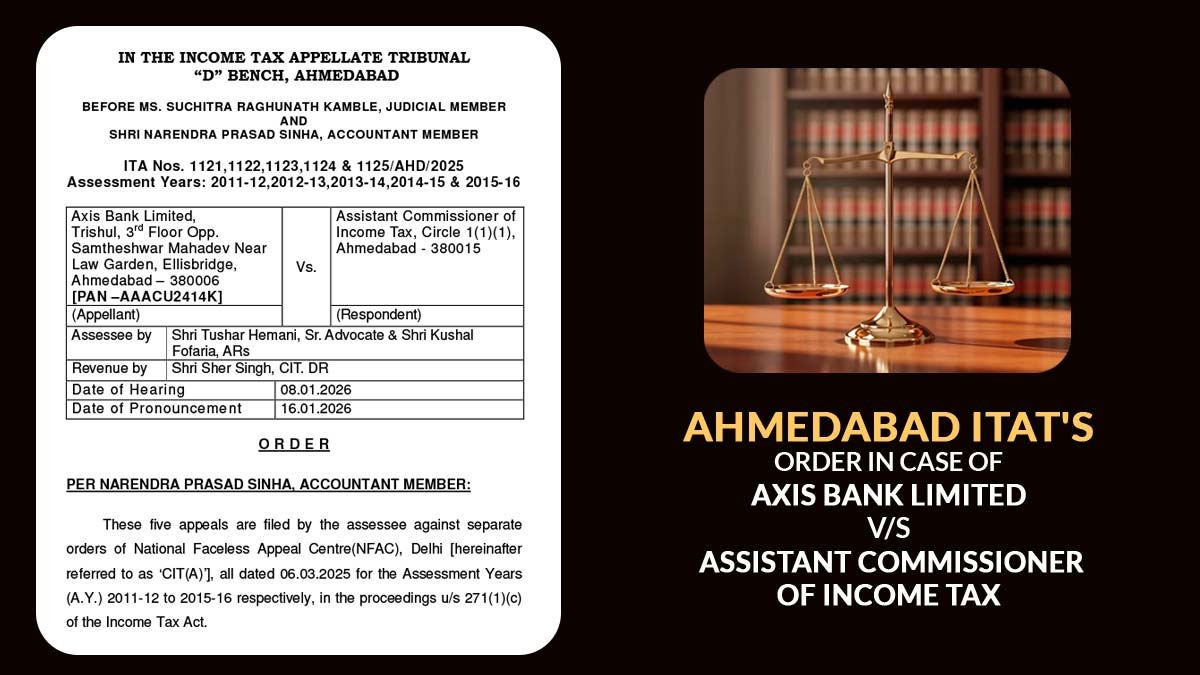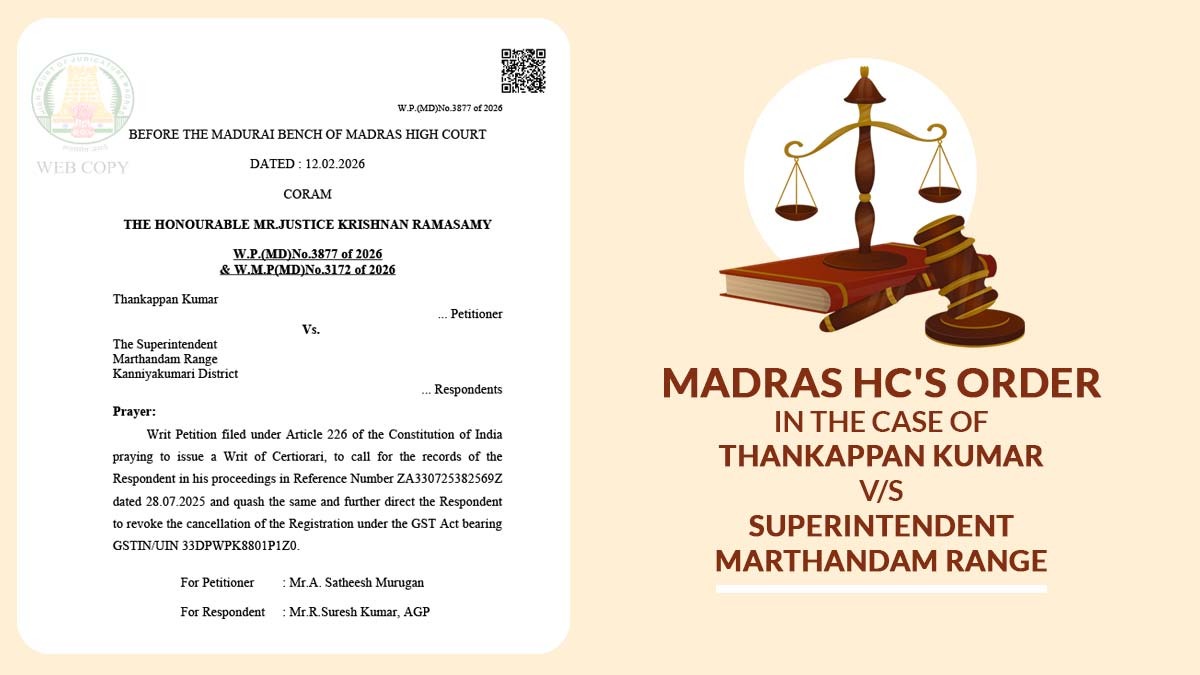
For distinct defaults done by the assessee, the penalties would get imposed under the Income Tax Act. Beyond penalties on defaults such as doing payment of Self Assessment Tax, default in payment of taxes, default on filing income returns, and others, the Income Tax department charges penalties for underreporting and misreporting of income.
When a person reports income on their tax return that is less than what they actually made, this is referred to as under-reporting income. When a person provides misleading or erroneous information on their income tax return, it is referred to as a misreporting of income.
Some of the fines are required, while others are at the tax authorities’ discretion. Many times, a taxpayer will attempt to lower their tax obligation by underreporting or reporting their income incorrectly.
The taxpayer will be exposed to the penalty for the case by virtue of section 270A.
Under Section 270A, the Assessing Officer or the Commissioner (Appeals) or the Principal Commissioner or Commissioner might at the time of any proceedings under the same act render that any individual who would have the income will be obligated to file a tax penalty if there is any on the under-reported income.
Income Tax Penalty Rate
According to the IT department, there is a 50% penalty rate for the tax liability to get paid on under-reported income. But for the case in which the underreporting of the income consequence of income misreporting, the assessee will be obligated to the penalty with a 200% rate of tax liable to get paid on this misreported income.
Read Also: Conditions, Who Can File ITR Even After Due Date Without Penalty
What are Misreporting and Under-reporting Income?
Mentioned below are the cases that shall be acknowledged as misreporting of income-
- Misrepresentation or suppression of points
- Unable to record investments in the books of account
- The claim of expenditure did not verify via any sort of proof
- Recording of any untrue entry in the books of account
- Unable to record any receipt in books of account securing a bearing on total income
- Unable to report any international transaction or any transaction that would be considered to be an international transaction or any set domestic transaction, to which the provisions of Chapter X apply.
Special Provisions Under Chapter X
Chapter X of the Income-tax Act, 1961 comprises special provisions concerning the avoidance of tax. Terms such as ‘associated enterprise’, ‘international transaction’, ‘intangible property’, and ‘specified domestic transaction’ are described in different sections of the Chapter.
Taxpayers can visit the official website for further information on the different laws and requirements for underreporting or misreporting of income that have been developed by the IT department. To comprehend the numerous aspects of the IT Act and to follow the regulations, taxpayers are urged to consult a tax specialist.









